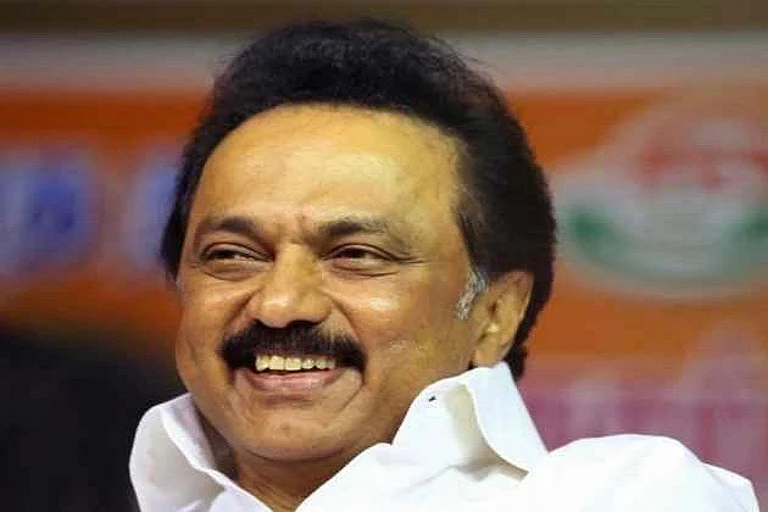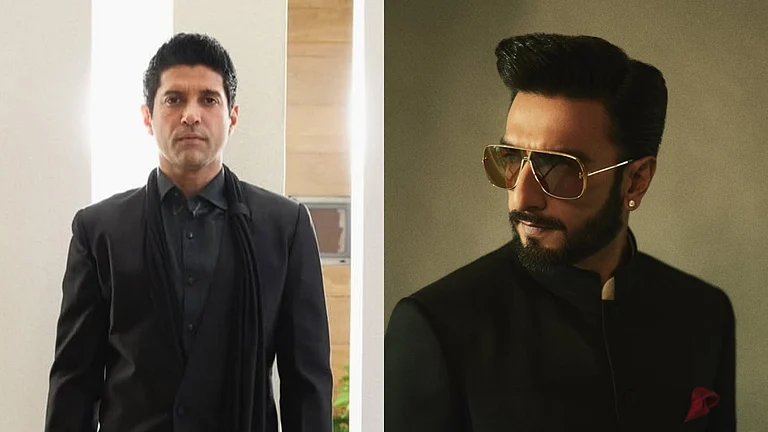I first met poet Malay Roychoudhury in 2016. It was a rainy day when he along with his wife welcomed me to their flat in Mumbai. I had been researching my book on The Hungryalists since the year before that, and the many conversations on the phone with Malay da had already acquainted me with him. Malay da was well into his eighties by the time we met, but I found him not only active but very sharp for his age. He spoke passionately about the poetry movement that he along with his elder brother Samir Roy Choudhury, Shakti Chattopadhyay and others had spearheaded.
In the early Sixties, a few firebrand poets started a literary movement that tried to speak openly about and expose the high-brow literary culture that had taken roots in Bengal. What happened then to these young poets who had dared to speak about the fault lines that divided society along caste, class and gender is the story I tried to explore. Malay da the poet, the man behind the vision for a no-boundaries literary society, spoke to me extensively about what had happened to the young iconoclasts who dared to speak and write about these issues openly, while also defying the authorities of the literary establishment.
I had asked him even then if there was such a thing as a happy ending for revolutionaries. Or are they doomed to be forever branded as the rouges of literary history? Malay da had laughed, ‘We didn’t care about their opinions, but we didn’t expect our jobs, our physical safety and that of our family to be threatened too. That was hitting below the belt. I was arrested, my home was raided, and I lost my job, as did some others, a few in our group had to flee the country, and others had to stop writing. It was terrible.’
Braving arrests, social boycotts, and ridicule, the Hungryalists tried to change the literary landscape of Bengal forever. Along this road, they also influenced many other iconic poets both in the West and within India. During the early Sixties, the Beat Generation were raging wild in the West. At this juncture, the cold war was still on, and Delhi and Peking were simmering from a border dispute just about to blow up, that would push the two countries towards a devastating war. Like everywhere else, thinkers and poets in India were affected by this atmosphere of turmoil, and the lack of an inclusive thought process, signalling doom and hopelessness everywhere. As such these poets could hardly remain quiet. Perhaps, more than ever, this was the time when poetry and revolution, and the urge to speak up against the wrong one saw around them, was more palpable than ever.
Allen Ginsberg’s trip to India in 1961, his consequent lifelong friendship with the Hungryalists, and his open support for them, led to the Hungryalists later being featured in The Time Magazine, which garnered international attention for the movement.
In 1963 Malay wrote a controversial poem ‘Prachanda Baidyutik Chhutar’ ("Stark Electric Jesus") which was widely regarded as offensive and also cited as the official reason for the government's actions against the group.
Oh I’ll die I’ll die I’ll die
My skin is in blazing furor
I do not know what I’ll do where I’ll go oh I am sick
I’ll kick all the Arts in the back and go away Shubha
Shubha let me go and live in your cloaked melon
In the unfastened shadow of dark destroyed saffron curtain
The last anchor is leaving me after I got the other anchors lifted
I can’t resist anymore, million glass-panes are breaking in my cortex
I know, Shubha, spread out your matrix, give me peace
Each vein is carrying a stream of tears up to the heart
Brain’s contagious flints are decomposing out of eternal sickness
(Excerpt from Stark Electric Jesus-Translation by Malay Roychoudhury)
After the crackdown by the authorities, Roy Choudhury lost his job, but after a brief hiatus continued to write while still defying traditional forms, most of which went against the standard Bengali meters in poetry.
As a group, the Hungryalists broke up soon after their arrest. But in their individual capacities, most of the poets resumed writing soon after. Roy Choudhury went on to write almost Sixty books of poetry. Some of his best-known poetry collections are Medhar Batanukul Ghungur, Naamgandho, and Illot. A collection of his poems was also published in 2005. He translated into Bengali, works by Allen Ginsberg, William Blake, Arthur Rimbaud, Paul Celan and many more.
He wrote profusely on the life and works of writers like Baudelaire, Henry Miller, Rimbaud, James Joyce, Osip Mandelstam and Proust. In 2003, he was given the Sahitya Academy award, for translating Dharamvir Bharati's Suraj Ka Satwan Ghora. But he declined to accept this award.
Malay da and I remained in touch beyond the writing of my book The Hungryalists. There was nothing he loved more than a healthy discussion on literature. We often spoke about doing a book of translations on some of the poetry from the Hungryalist writers too. For a man who was eighty-plus, I always found him remarkably aware and conscious of his role as a leader who could still guide and groom other young writers, mentor them, and enthusiastically suggest various writing projects that they could engage in.
Perhaps in his mind, it was an unfinished revolution. Wherever he is, I hope he continues to disrupt, bring about change, and laugh out loud.
Homeland
(Malay Roychoudhury |Translation: Uttaran Das Gupta)
Can’t say my Uttarpara ancestral home isn’t my homeland,
I know unidentified bodies, their eyes plucked out, float by in the Ganga.
Can’t say my aunt’s Ahiritola isn’t my homeland,
I know abducted girls are bound and gagged in Sonagachi nearby.
Can’t say my uncle’s at Panihati isn’t my homeland,
I know who was killed, and where, in broad daylight.
Can’t say my adolescent Konnagar isn’t my homeland,
I know who was sent to cut whose throat.
Can’t say my youth’s Calcutta isn’t my homeland,
I know who threw bombs, set fire on buses, trams.
Can’t say West Bengal isn’t my homeland,
I’ve the right to be tortured to death in its lock-ups,
I’ve the right to starve and have rickets in its tea gardens,
I’ve the right to hang myself at its handloom mills,
I’ve the right to become bones buried by its party lumpen,
I’ve the right to have my mouth taped, silenced,
I’ve the right to hear the leaders sprout gibberish, abuse,
I’ve the right to a heart attack on its streets blocked by protestors,
Can’t say Bengali isn’t my homeland.





















